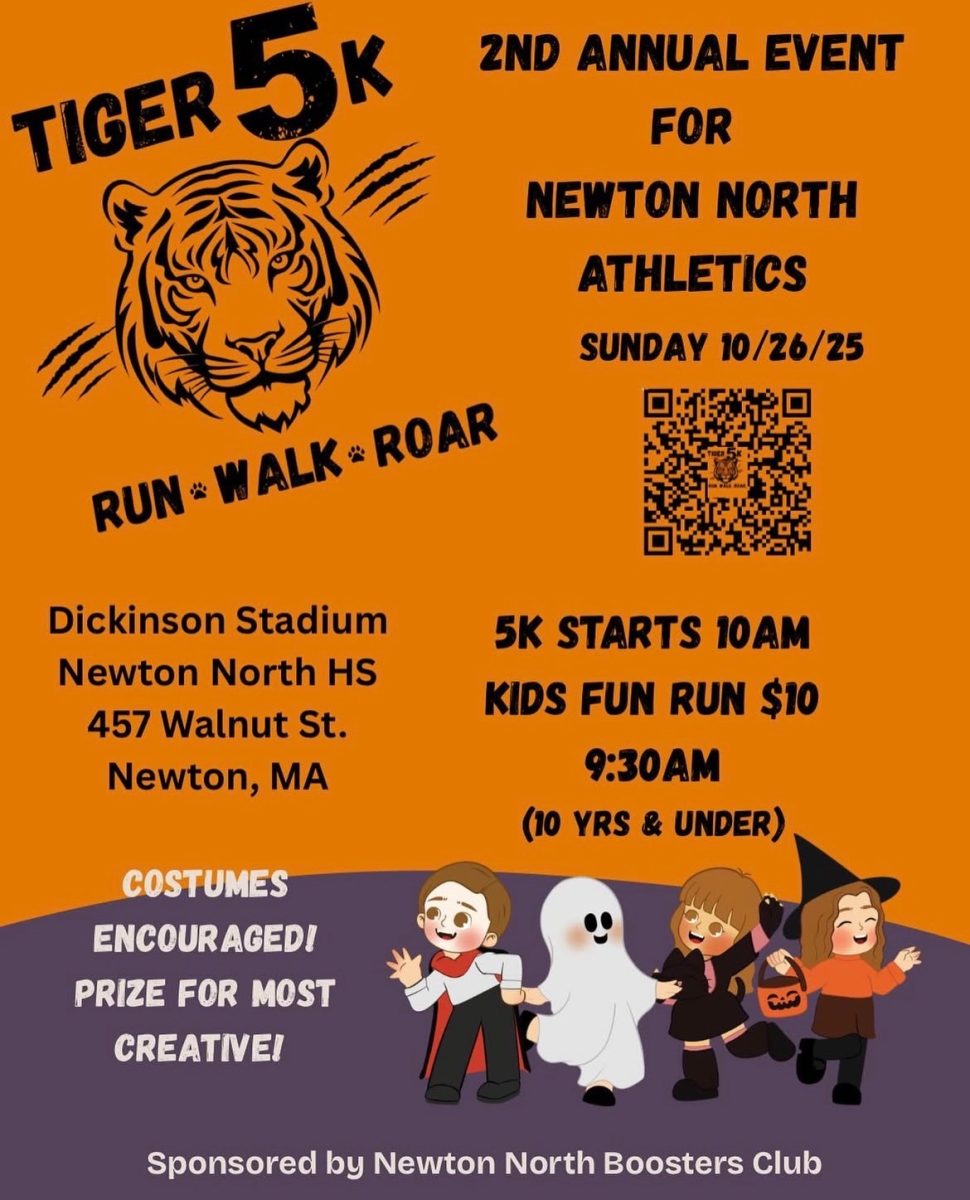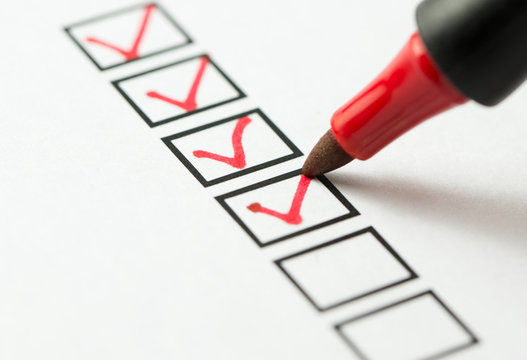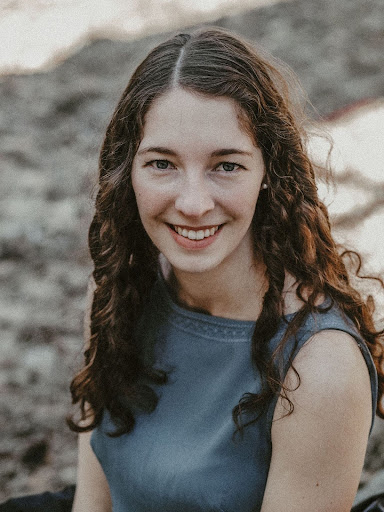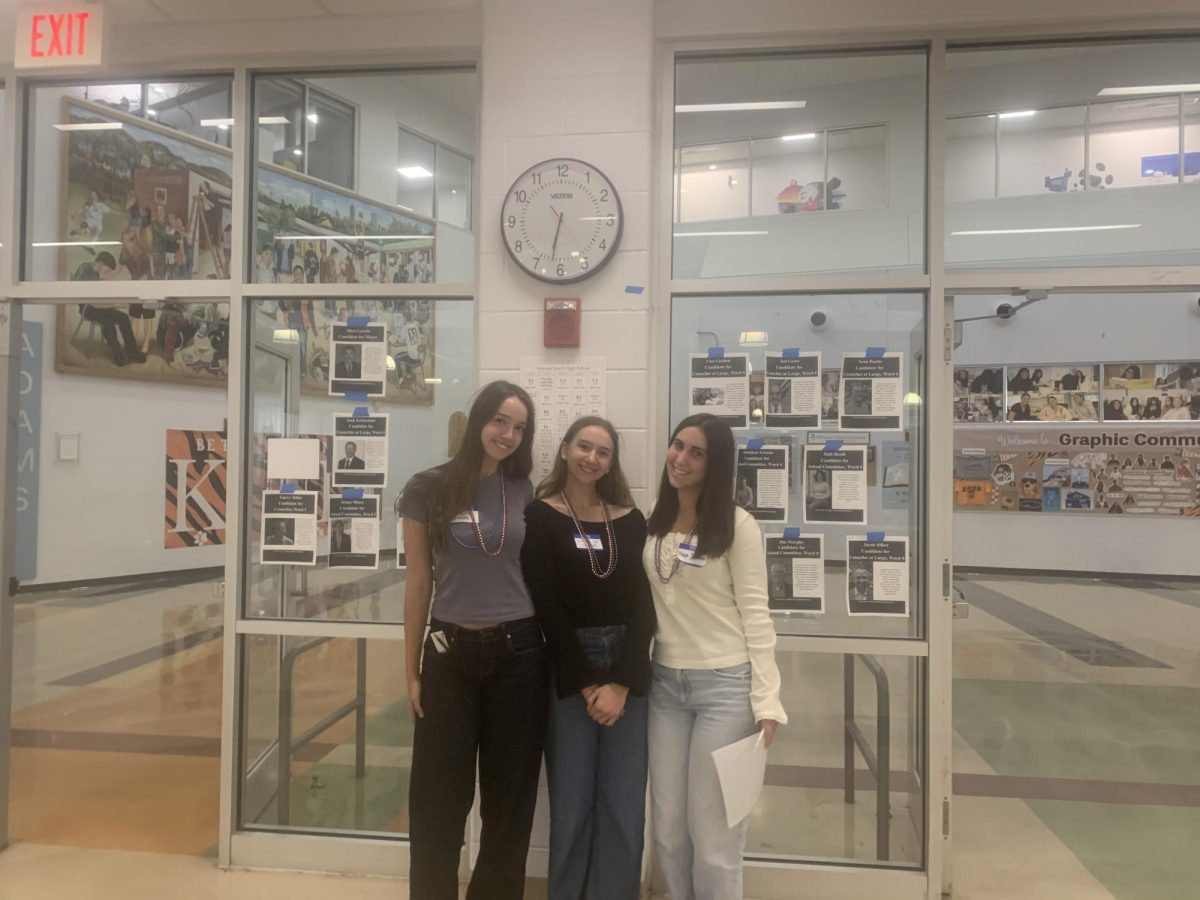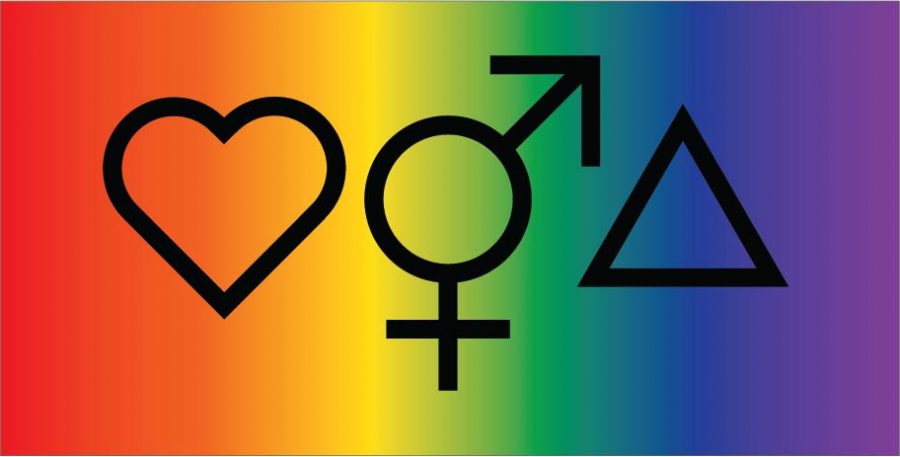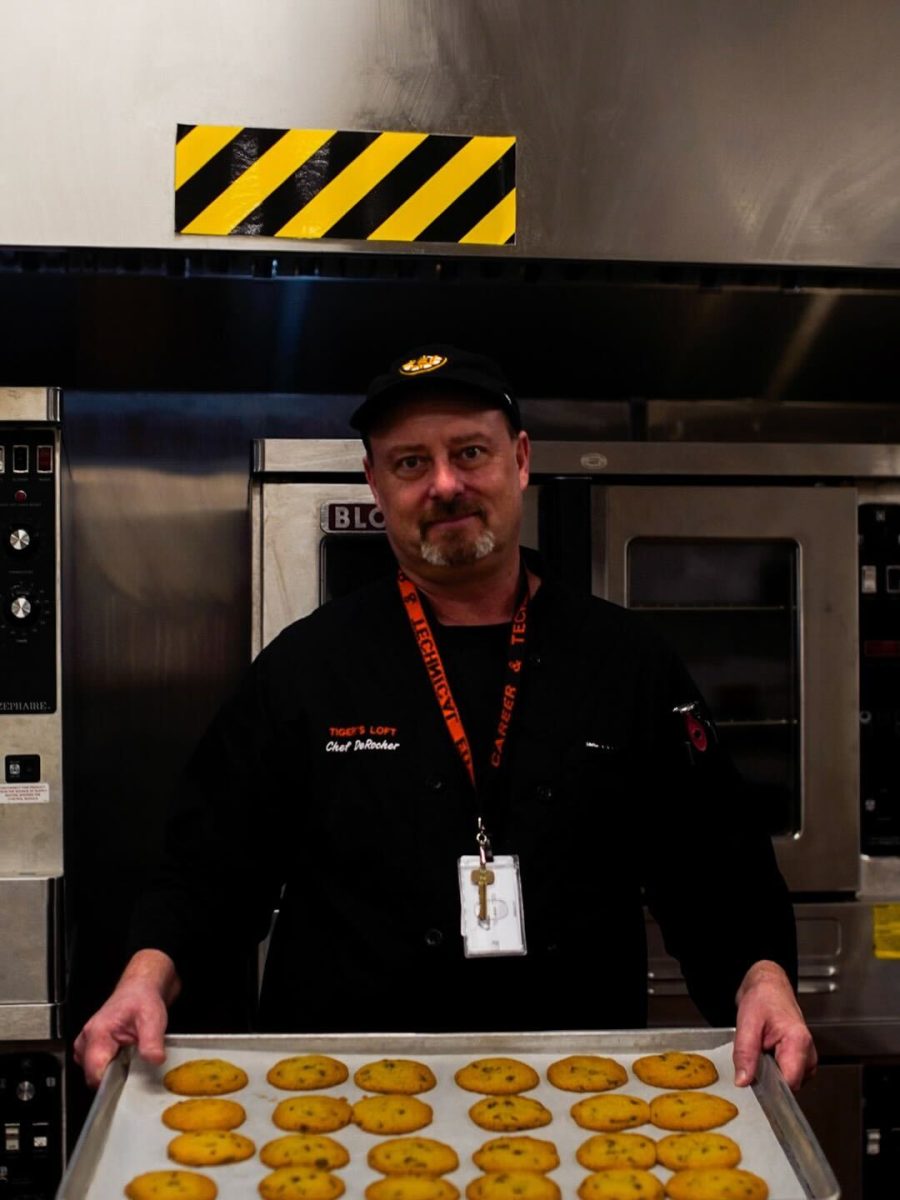by Maya Abou-Rizk and Maya Metser
Students at this school have the opportunity to be able to discuss sexuality and gender identity in organized settings such as ToBGLAD (Transgender, Bisexual, Gay, Lesbian Awareness day) and at the Gender-Sexuality Alliance (GSA). This article supplements these organized settings and gives a voice to those in the LGBTQA community who too often are spoken about rather than listened to. Spencer Bronk ’15, Tassia Mazzola ’15, and junior Cassandra Taylor share their experiences with sexual and gender identity.
[divider]Identity and Sexual Orientation[/divider]
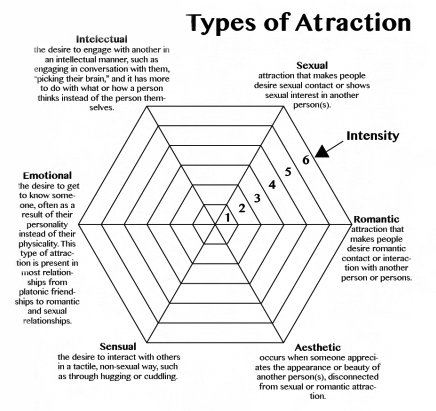
Spencer Bronk:
“I identify as demisexual panromantic,” said Bronk. By definition, demisexuality is on the asexual spectrum. He added, “You can start to feel sexual attraction to people after you’ve built up an emotional attraction or any of the other types of attractions.” Panromanticism is being romantically attracted to people, without regard to gender. “It’s pretty much a romantic attraction to personality,” said Bronk.
Realizing he was demisexual panromantic was easy because he had already identified as asexual, a person who does not experience sexual attraction. “For a solid month and a half when I was discovering that I was asexual, I didn’t have the right word for it because I didn’t have enough information,” he said. “I didn’t want to be asexual because I thought that if you were asexual you couldn’t be in a relationship. It wasn’t until 10th grade that I realized that wasn’t true.”
Despite common misconceptions, asexual people can still have non-sexual relationships. Bronk described an asexual relationship as a really close friendship.
Bronk said he has always been comfortable with his orientation because it is a part of him. “I can’t really change it,” he said. “I guess when I was identifying as asexual in the beginning, I was comfortable, but I still didn’t want to be it.”
When asked how much his sexuality is part of his identity, Bronk said, “It definitely fluctuates. When I’m trying to figure out something new about my sexuality, then it’ll be on my mind more.”
His sexuality was not the first thing that comes to mind when he thinks about himself, he explained. “I’m an artist and a student. Those are pretty much the first two things. There’s not really a whole lot more. I think it’s because since I’m comfortable with my sexuality, it’s not on my mind a lot and it’s not a very big part of my identity.”
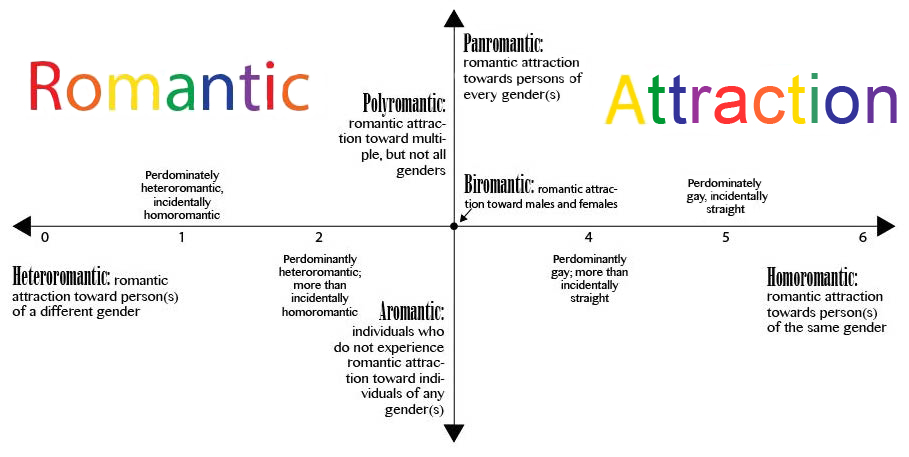
Tassia Mazzola:
“I identify as pansexual. I get attracted to people physically, but if at first I don’t see people in that way physically, and I get to know them more, become their friend, or begin to see their personality,” said Mazzola. She explained that being pansexual meant that maybe after she develops a closer relationship with the person, she can become sexually attracted to him or her. “There are people who have great personalities who I’m not attracted to,” she added.
Since a young age, Mazzola said she has always known that she was different, but she never knew how to label herself. She said, “For me it was just gay, straight, and lesbian. My mom used to teach me words. She used to say things like ‘butch,’ ‘fag,’ so on. I never knew the difference, and I thought those words were okay.”
In order to feel accepted, Mazzola surrounds herself with people who accept or are a part of the LGBTQA community. Consequently, she feels as though her sexuality is a major part of her life.
Cassandra Taylor:
Taylor identifies as bisexual, meaning she is attracted to both males and females.
According to Taylor, she did not accept her sexual orientation right away. “I think that was mainly because I didn’t know what I was, and talking to people about it forced me into some box that I didn’t really want to be in,” she said. She thought she could either be straight or lesbian, and there was no middle ground. “But once I found out more about bisexuality and what it meant, it was very easy for me to accept it,” said Taylor.
Like Mazzola, Taylor said her sexuality is a big part of her identity because it took her a long time to accept her bisexuality. Now, she likes to embrace it, she explained. “But if you asked me who I was, being bisexual would be in there, but it wouldn’t be the first thing that I would say,” she said.
“I’m a person, it’s just that I’m a person who is bisexual—like I am also a person who likes the color pink or blue,” added Taylor.
[divider]Coming out[/divider]
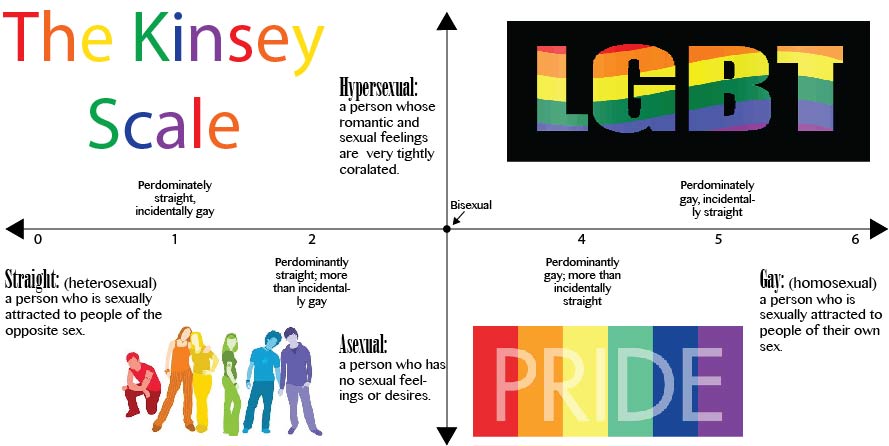
Spencer Bronk:
Bronk started figuring out his sexuality at the end of 8th grade, but he didn’t find the right words to describe it until the beginning of this year, he said.
In 8th grade, he thought he was bisexual because he was attracted to both a girl and a boy. The next year, he labeled himself asexual because he did not feel that sort of attraction anymore. When he figured out he was asexual, he was dating someone. At the time, he did not realize that he could still date people. “That’s why I didn’t want to be asexual. I thought that I couldn’t have a relationship for the rest of my life, and I will be alone. I broke up with the person,” he said. “I was like, so this is awkward, but I’m asexual, and this isn’t quite what I’m looking for.”
In his sophomore year, he discovered demisexuality. Panromantic only came at the end of last year. “I’ve been building up slowly,” he said.
“What I’ve realized after I grew up more is that sexuality is fluid. Even if you meet someone who is asexual, it’s not always so cut in stone,” Bronk said.
“There are so many terms on the asexual scale. If you put a bunch of people in a room and asked them about their sexuality, they would all have different answers. I think we just don’t have the right words to explain that yet, which is why I feel more comfortable now with demisexual panromantic than just asexual,” Bronk added.
Bronk said he never formally came out to his friends. “I just said it, and we moved on,” he said.
He came out to his parents spontaneously while on Tumblr. He saw a post of a “tiny dragon explaining asexuality in a bunch of really easy ways,” and thought he should show someone. “My mom was downstairs, so I brought my computer downstairs and showed her,” he said. She asked him if this was what he identified as, and he replied, “Yeah, actually, it is.” According to Bronk, coming out to his mom was the easiest because it was not planned.
People often ask Bronk if he is gay; according to him, it is because of his “flamboyancy.” He always answers and teaches people in response. The fear that someone will feel uncomfortable about the subject sometimes prevents Bronk from openly discussing his sexuality.
“People are familiar with gay people and straight people, so they know to treat them like humans. But if they meet someone with an obscure orientation, like me, they will sometimes be a little reserved or uncomfortable,” he said. Besides that fear, there is nothing that he is scared about when he comes out to people. However, in the beginning, when he identified as only asexual, he was scared that if he were to come out to someone who he might be interested in later, they might not be so understanding.
Tassia Mazzola:
Mazzola was not familiar with terms other than gay, lesbian, and straight until her sophomore year when she went to ToBGLAD day at this school and realized she could be attracted to both males and females. “I had to rethink what I was because I knew I wasn’t straight and I wasn’t gay. I was just searching for myself. I broke down crying when I realized what I was,” said Mazzola. “It was mostly tears of relief.”
Mazzola came out to her friends casually at lunch. They were “okay with it,” according to her. “They asked if I needed support telling my dad or if he didn’t react well, they were there to support me,” she added.
Before coming out to her dad, she was scared he might kick her out of the house or that he might stop talking to her.“When I came out to my dad, who is a single father, he was not really okay with it,” she said. “We were stuck in traffic and I had to blurt it out because it had been on my mind for days. I told him I was bisexual because at first I didn’t know I was pansexual. He said, ‘How do you know?’ And I explained that I’d been with girls. He kept denying it and saying that I wouldn’t know until I’m older. It kind of stopped there.”
Contrary to what Mazzola would have expected from her traditional grandmother, she accepted Mazzola when she told her. Mazzola said she even asked if she had been dating any girls. It was hard for her to come out to her grandmother because she was not sure of her reaction. Her grandmother is her best friend, she said.
She added, “Still, my dad’s reaction was the hardest. I thought he might be more accepting because he has a lot of gay friends. He has gone to gay marriages before. But I think it’s a lot different when it comes close to home.”
Mazzola has not come out to her grandfather, and she “never will.” She said, “One of his sisters is gay, and she came out to the whole family. We all found out this Easter that she’s getting married, and he’s not even coming to the wedding.”
Cassandra Taylor:
“I have been out to myself for about three years, and to my family for about two,” said Taylor.
Similarly to Bronk, Taylor did not come out formally to anyone. “A moment that I remember most regarding coming out was I was walking home from school with a friend of mine,” she said. “I said I had a crush on this girl in my English class. I was afraid of her reaction and was waiting for her to ask me so many questions. But she only said, “Is she cute?” and I said “Well, yeah.” Then she kept walking.”
She said the hardest people to come out to were her parents. She was not afraid of their disapproval, but rather that they would not understand.
During dinner with her family, Taylor mentioned that she had a girlfriend. “My mom’s first reaction was ‘So you love a girl?’ And I said, ‘I wouldn’t put it that way,’” she said.
“For all I know, my mother has never loved a woman and my dad has never loved a man, so it was a little tricky to explain to them. But once they understood it better, they definitely accepted me for who I was,” she said.
The stereotypes scared Taylor the most. She said she did not want people to say she was promiscuous or disloyal because she was bisexual. But for the people she knew before she came out, her sexual orientation was “not part of who she was as a friend, which was nice.”
Controversy/Outside of NNHS
There is undoubtedly a societal expectation that everyone is straight until they come out or if they “look” gay. The interviewees shared their thoughts about this and how it affected them.
Spencer Bronk:
“I think the expectations are lame,” said Bronk. “They are there because we live in a heteronormative society, and people expect others to be straight.” A heteronormative society is one that promotes heterosexuality as the normal or preferred sexual orientation.
While discussing why someone would or would not want to come out, Bronk said, “There are a lot of reasons someone wouldn’t want to come out. It could be that they’re just not comfortable with it or that they do not feel that are in a safe environment, but I don’t think anyone should ever have to come out because it’s something personal.”
Bronk is not religious. Because of this, he said he never had any personal problems with religion and his sexuality. However, he added that the religion of others occasionally did have an effect on him. “I think religion is something that deters me from coming out to other people because I don’t want people to be uncomfortable with me. Even if they don’t hate me for it, I still don’t want them to be uncomfortable—especially since my sexuality isn’t a big part of me. The only thing I would be okay with them being uncomfortable about is my personality because I can’t ignore that.”
Cassandra Taylor:
“I think right now, in the LGBTQ community there is a lot of pressure to come out, said Taylor. “Everyone says, ‘You should come out, you should be proud, you should just do it.’ However, I don’t think anybody should be forced to come out.” Like Bronk’s, Taylor’s view of coming out was based on personal preference. “I don’t think people should come out if it’s going to make them feel bad, or if it’s more comfortable for them to keep it a secret in that point in their life,” she said.
As for the societal expectation that everyone is straight until they come out, Taylor said that it is easier for people to see it that way. “It’s like if you come in one day and everyone’s known you like the color pink, and you say that you like the color blue, everyone thinks you’ve changed your mind. And I think that people think that way with sexuality too—that people just wake up one day and decided that you like girls, boys etc.” She clarified that it is not a change in mindset, rather something a person “discovers instead of changing something about themselves.”
[divider]Attitude[/divider]
Spencer Bronk:
When asked, Bronk said he would tell a large group of people that did not accept him he said, “If I got everyone into a room, a year ago, two years ago, I would probably yell at them, but I’m a lot more calm about it now. I would just tell them that we’re still human and that if they should hate anything about me, it should be my personality, not my sexuality.” Bronk said he would have to explain to them that “we’re still the same people—that it doesn’t make us different.”
Bronk believes that, even if it is not meant poorly, the most common form of homophobia is the assumption that if someone is flamboyant, that person is gay, or if someone is gay, that person is flamboyant. “It makes me angry when someone sees a girl with a short haircut and people call it a gay haircut,” he said.
In regard to his overall change in attitude after coming out, Bronk said, “I definitely feel more confident with myself, and also after realizing, fairly recently, that sexuality is a fluid thing, I’m a lot more comfortable with it. In that way it’s a bit of a weight off my shoulders.”
Tassia Mazzola:
Since she came out, she said she has developed more confidence. “I think coming out helped me break out of my shell more and become more honest. I’m a lot happier now because I feel like I’m not hiding anything.” Mazzola said.
Cassandra Taylor:
“My philosophy on people who don’t accept me is I don’t really care,” said Taylor. She said that she did not expect anyone to like, accept, or change their views based on her sexuality. She also said that she did not expect anyone to “come out” or drop a relationship because of her or her sexuality. Taylor did say, however, that she expects people to respect her sexuality. “I will respect that you don’t like what I do, so I’m asking you to respect that just because I accept all people for who they are, does not mean you get to put me down.”
After coming out, Taylor said, “not a whole lot has changed. I definitely feel more comfortable in my own skin—there’s no more of that doubt and questioning of who I am and who I like. For me, it’s more like the confusion cleared up.”
Taylor said, “For anybody out there who is still questioning their sexuality, don’t let anybody put you in a box, don’t let anybody tell you something even if you don’t think you are. Don’t even try to put a label on it if you don’t want to. Love is love and it’s something that you can’t describe in a couple words. I’m lucky because my personal sexuality fit in a specific category, but some people’s doesn’t and that’s perfectly fine.”



